The power of perception: How your brain constructs the environment in which you live
8I have this big tree in front of my office window. Not long ago I remember looking at the tree in the morning and thinking – “Wow, what a beautiful tree! It makes me feel so peaceful and strong!” Then the following day I was looking at the same tree and thinking: “Sheesh, this monstrosity is blocking all the light.” And then it struck me – the tree was exactly the same from one day to another; it was me who was feeling different. In that moment I truly understood how much my feelings color and shape my external reality.
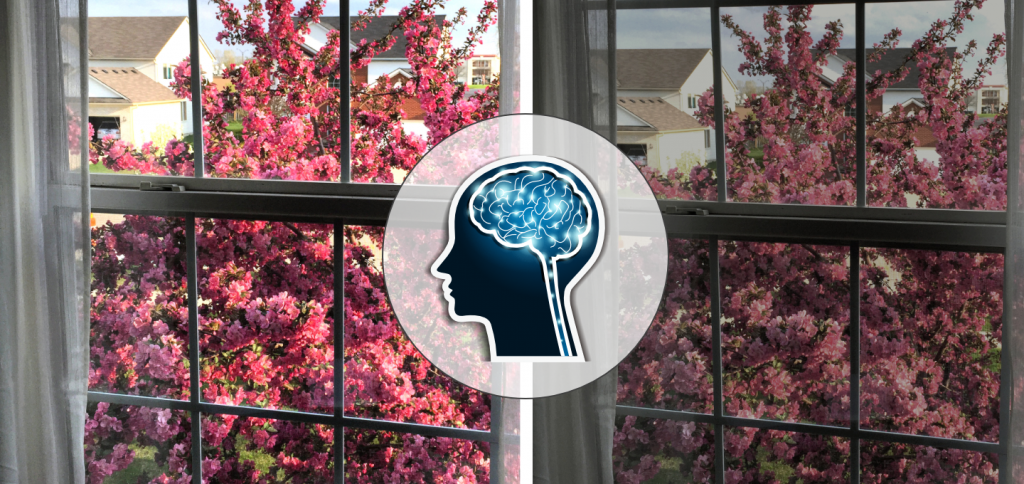
Turns out, that’s totally normal. “In every waking moment, you’re faced with ambiguous, noisy information from your eyes, ears, nose, and other sensory organs. Your brain uses your past experiences to construct a hypothesis-the simulation-and compares it to the cacophony arriving from your senses. In this manner, simulation lets your brain impose meaning on the noise, selecting what’s relevant and ignoring the rest.”(1) So your brain needs to decide what is important to your survival and your internal physiological balance and selectively let that information through.
Here is an interesting thing, though. To your brain there is very little difference between what it perceives from the outside world (via the senses) and what it perceives inside your body (via interoception). Even though you are not consciously aware of it, your physiological systems are always active – every organ is doing its job to keep you alive and in homeostasis (internal balance). “From your brain’s point of view, locked inside the skull, your body is just another part of the world that it must explain. Your pumping heart, your expanding lungs, and your changing temperature and metabolism send sensory input to your brain that is noisy and ambiguous.”(1) For example, a feeling of tightness in your abdomen might mean hunger, excessive gas, stomachache, pressure from a tight belt, nervousness, a flare up in your Irritable Bowel Syndrome, excitement about meeting a potential mate, or something else entirely. Your brain needs to explain your sensations to make them meaningful to you and to guide your behavior in response. (Do you need to eat? Or loosen up that belt? Or pursue that attractive person?)
“Your brain must explain bodily sensations to make them meaningful, and its major tool for doing so is prediction.” The brain relies on your past experience and everything else it knows about the current situation to construct a simulation of what it means. “So, your brain models the world from the perspective of someone with your body.”(1)
Pause to think about it for a second. It means that your brain first takes into account what’s going on inside of you and only then creates the model of the world around you through the lens of your inner state.
“That means, in effect, that you construct the environment in which you live. You might think about your environment as existing in the outside world, separate from yourself, but that’s a myth. You (and other creatures) do not simply find yourself in an environment and either adapt or die. You construct your environment-your reality-by virtue of what sensory input from the physical environment your brain selects; it admits some as information and ignores some as noise.”(1)
Your brain is constantly involved in explaining your inner state and then projecting that inner state into your reality. When you feel balanced and calm, the world seems sunnier, food tastes better, people are friendlier, body aches are not bothersome, and things are generally looking up. When you feel out of balance and cranky, the world seems to conspire against you, nothing goes smoothly, the body is a wreck, people are mean, nobody cares about you and that tree is blocking all the light.
So your whole worldview is based on how you feel inside, which is mostly based on how your mind had interpreted your physiological state. The key to living a happier, more balanced life than is to keep your physiology in balance and to become better at interpreting the cues from your body. How can yoga help us with that? We will talk about it next time. Tune in!
[jetpack_subscription_form]Resources
- How Emotions Are Made: The Secret Life of the Brain by Lisa Feldman Barrett

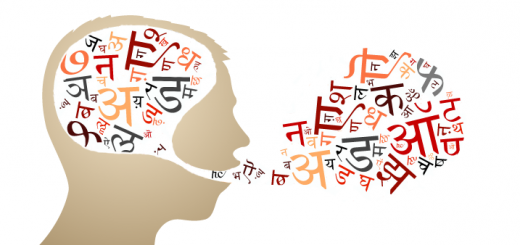


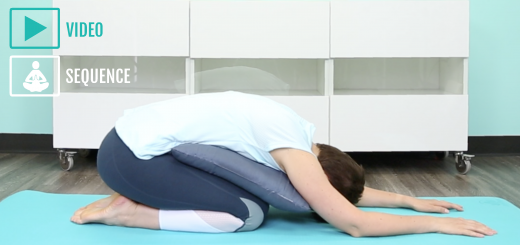

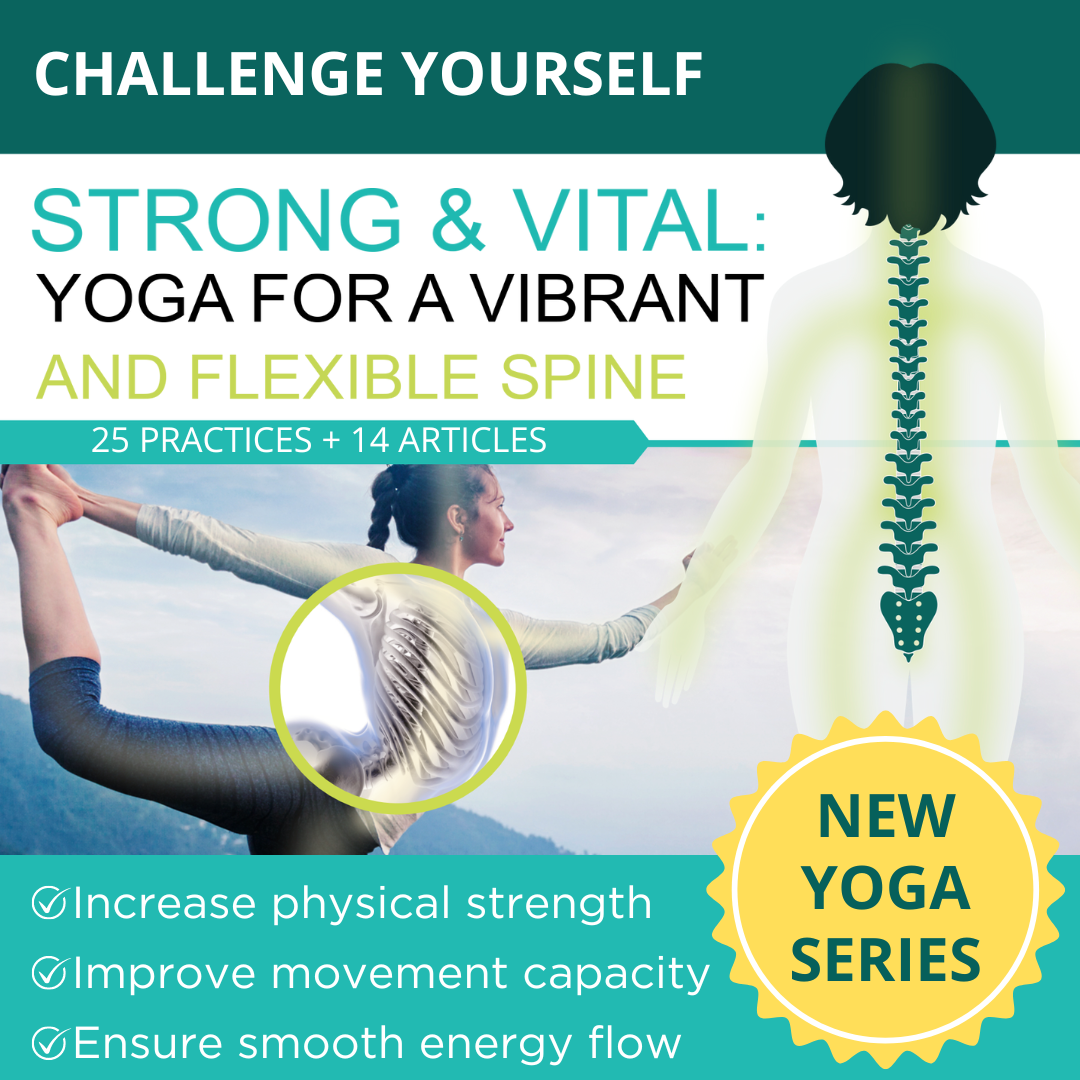
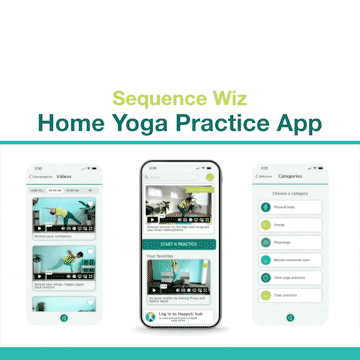
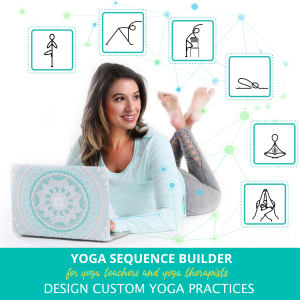
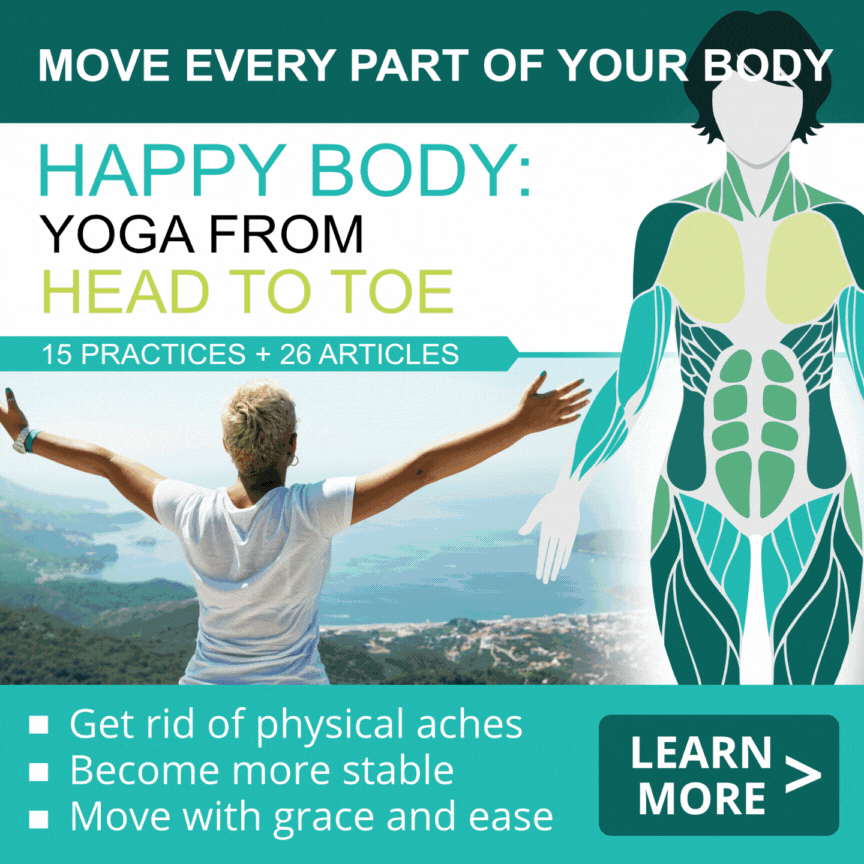

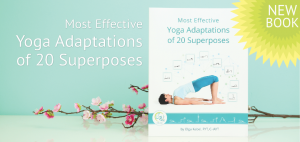
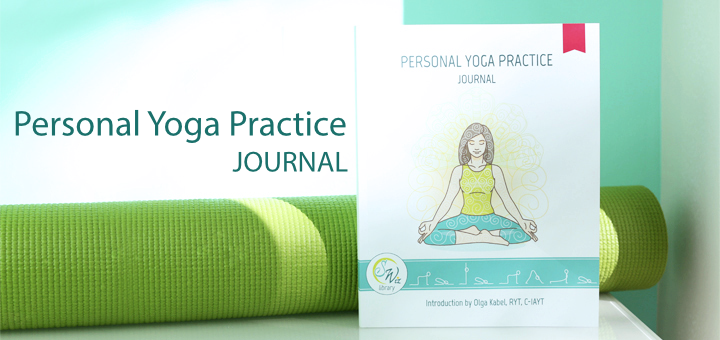
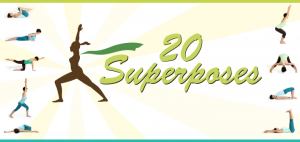




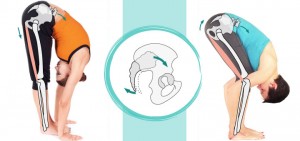
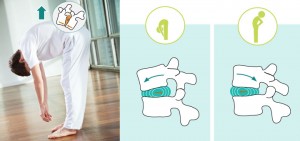
I often ask myself “why does yoga work to help me feel better?” This article gave one of the clearest, most compelling answers I’ve ever read. Thank you! I love your writing/ thinking style. Lizzie
Thank you Lizzie! I am happy to hear that you relate to my thinking style 🙂
Great and pertinent article…. I recently had some very sad news and have been trying to find a way to make sense of the news because it was tragic… and shortly after I came down with a bad cold and my body began to hurt … not sure if my past experiences of sadness contributed to my physical state but I am now trying to be more in tune with my emotional reactions and how it affects my physical body. I guess what I mean is I am not sure if the news of the tragedy made me sad or that my brain associated the incident with sadness and therefore made my body react in a way that it understood as sadness … ???
Sorry to hear about your challenges Mary Jo. Those are very interesting points you are bringing up. A tragedy is a tragedy, there is no way around it. Our emotional response to it is a different story. We will be talking much more about emotions – where they come from and what purpose they serve. The bottom line is though that however we interpret it for ourselves is still just that – an interpretation, not the absolute truth. But different interpretations lead to different actions (and reactions). So learning to recognize and tweak our interpretations can lead to different outcomes. Does that make sense?
Olga, have you ever thought of putting these wonderful blog posts into a podcast? I, for one, would subscribe in a minute!
That’s an interesting idea Kathy! I will think about that. 🙂
Olgakabel,thanks a lot for the article post.Much thanks again. Fantastic.
Thanks Olga. You are a gift and I’m so fortunate to have you in my life